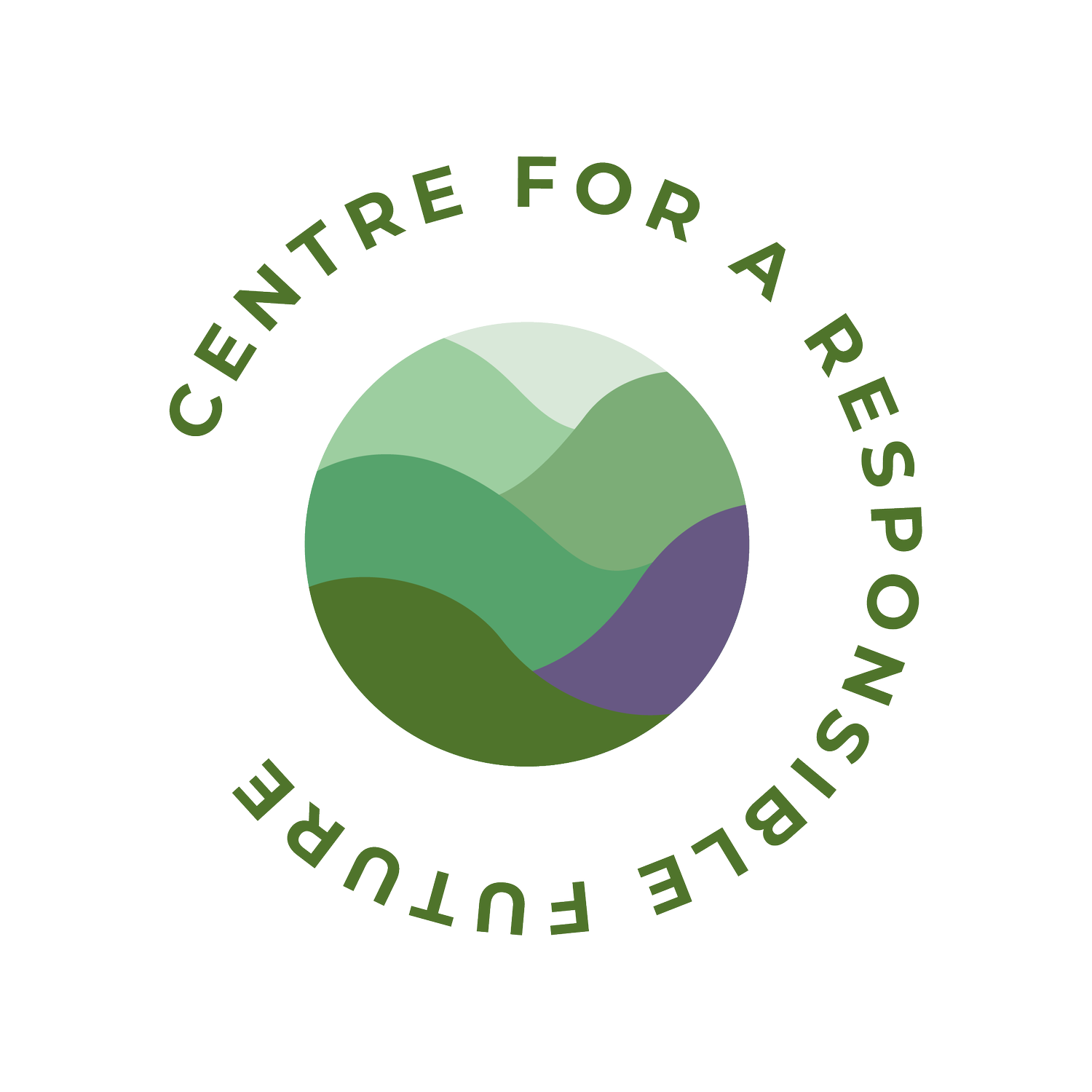Paul Teng talks Food Security
DFSS is coming up March 29th and we’re bringing some of the participants to you now with a pre-summit interview. In this edition we talk to Paul Teng, Adjunct Senior Fellow, Centre for non-Traditional Security Studies, RSIS, Nanyang Technological University Singapore. If you want to see a listing of speakers and sessions, please click here. To register as a delegate, click here.
Please give us a short introduction to your involvement in the food space.
My foray into the food space really started when I was with the International Rice Research Institute (IRRI) in the Philippines during the 1990s and led the Cross-ecosystems Research Programme, which included GMOs, novel ways to grow more food, and global rice supply-demand issues. Subsequently, I joined a multinational company and was right in the middle of the GM food debate, handling many food safety matters. I rejoined the public sector at The Worldfish Centre in Penang and handled many issues around foodfish for protein security of poor consumers. Since coming to Singapore, I’ve been active in many different aspects of food security, from policies to technologies (agtech and food tech) and recently I have focussed on the urban-rural interface, with emphasis on urban/periurban agriculture, inclusive supply chains, and the future of food. My first book published in Singapore was “Bioscience Entrepreneurship in Asia – Creating value with Biology” which documented the many applications of biology to produce raw material and food. Last year, I published a book with Manda Foo on “Food Matters – Food Security and the Future of Food” which explains to the interested public the many issues surrounding where food comes from, how it is grown and processed, the evolving food and diet landscape and the future of food without agriculture. I contribute, pro bono, in advisory roles to several organizations such as the International Life Sciences Institute (ILSI) SE Asia branch.
Your main job is with the National Institute of Education, which educates current and future teachers in Singapore and internationally. What is one idea from Education that businesses can use to teach consumers to appreciate green products and services?
I have been with the NIE for 13 years, first running its natural science group (which includes Family and Consumer Science), followed by being the Dean for Graduate Studies & Professional Learning. NIE not only trains teachers but also offers professional development for teachers and non-teachers, especially through its postgrad programs and short courses. Education is important, not to provide answers but to encourage inquiry, and in this era when we face so many interacting issues, complex in nature, business should be questioning if the old norms and conventions still apply. This is particularly the case with sustainability of human societies and ecological systems. We educate our young to be more aware of the environment in which they live and to value it. In other words, today’s education in Singapore is very much values-based. Similarly, companies can learn from this and put values at the core of their internal corporate education. As I wrote in an op-ed last year, companies can get good at ‘Greenwashing”, but the true test of their commitment to sustainability is when they have socialized sustainability values into their corporate culture. And, there are some outstanding examples of companies that have done so.
You also work in the area of food security. How is new technology helping to increase countries’ food security?
I work on food security through my role as a senior fellow in the Centre for Non-Traditional Security Studies in RSIS/NTU and also as a senior fellow at the Southeast Asia Centre for Graduate Studies and Research in Agriculture (SEARCA), an inter-country treaty organization based in the Philippines. One common belief in both these organizations is that technology plays a pivotal role to secure food production and processing, and thereby enabling equitable consumption. But technology is not just the digital technology which currently is so in vogue. It includes physical technology like machines for milling rice. It also includes genetic technology like disease-resistant seed, and it includes “knowledge intensive technology” to help growers and consumers make better use of the technologies to grow and process food.
What career advice do you have for young people who are passionate about increasing their country’s food security?
There is a lot of scope for innovations and innovative enterprises!! And, there is abundant startup capital from VCs looking for good projects. But, everything starts with a good idea which meets a need and is a gap to be filled. There are also many quick background courses that can be taken, and many mentors willing to help throughout SE Asia.
What will the impact of climate change be on food security?
This requires a “thesis” to answer. CC is a challenge that provides many opportunities for R&D and innovative solutions, especially for climate-smart farming.
What role can conferences such as DFSS play in promoting food security?
DFSS can help create more awareness that as responsible citizens of the world, everyone can play a role to ensure that their food decisions do not aggravate the sustainability of our food systems. Responsible consumption, for example, of amounts of animal protein is one way. Few realize the heavy toll that farming animals for food has on the environment – that it takes 16,000 litres of water to produce 1 kg of beef, etc, apart from the effects on greenhouse gases, etc. I don’t advocate a complete conversion to vegetarianism but having more flexitarians in society is easier to accomplish as a near-term societal goal.

